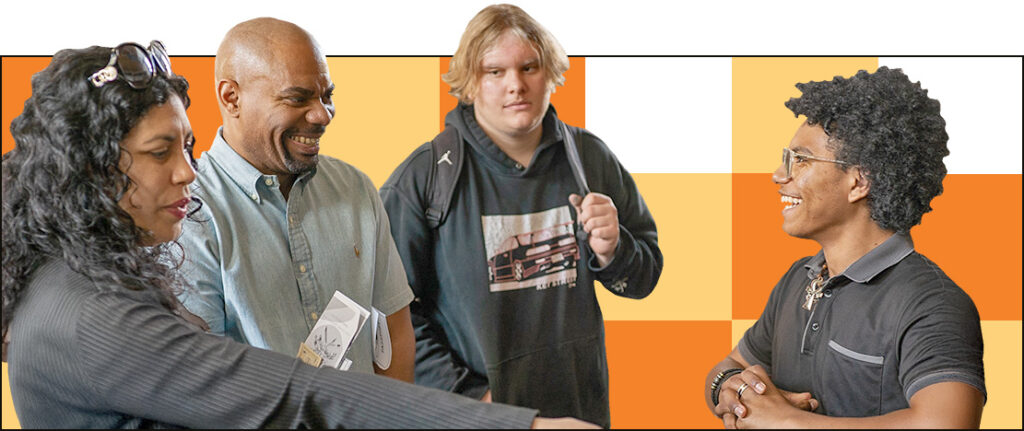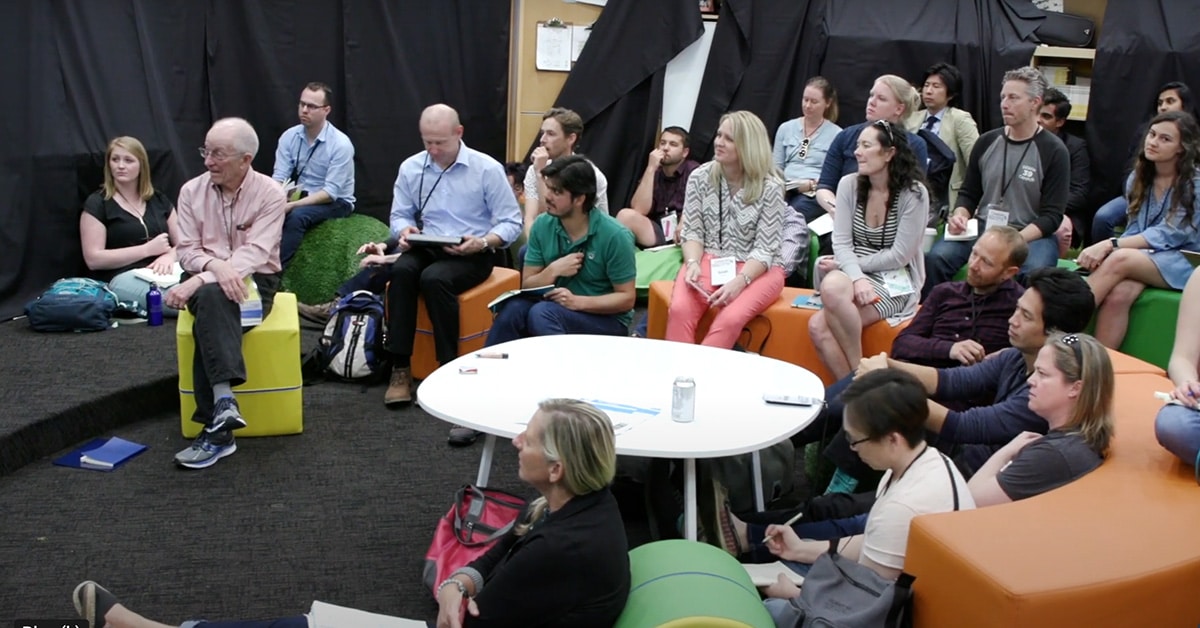


learn more about

learn more about

overview
partner with us
partner with us
events

events



learn more about

learn more about











Adria Steinberg describes the importance of acknowledging white fragility in the workplace and embracing feedback on how it impacts one’s practices.
[MUSIC PLAYING] I’ve just been reading a bunch recently about white fragility, for example, and I do think that as white people we are in different places around white fragility and how fragile we feel, how aware we are of that fragility and trying to deal with it and not be so fragile and live in the discomfort of racial divides that my generation we thought that everything was about integration. And then everything would be solved. It just means that people could move out of the way, and we could integrate our schools and our workplaces and so on. Everything was going to be groovy.
I didn’t really understand until much later how much that centered whiteness that it was about bringing others into, and that, in fact, a lot of other things have to change. And you have to be comfortable with that change, and you have to be comfortable with people calling you out on things. And that is not easy, and I’m struggling with it myself. But I see sometimes other people I’m with whom I agree on a lot of issues aren’t even in the struggle yet.
I’m a word person. So I always go first to can I even develop the vocabulary for talking about difficult issues like race with my colleagues and my friends. So that’s one thing is just developing the vocabulary of white fragility or of white supremacy or whatever the aspects of that are. It’s trying to learn the vocabulary and then trying to learn how to talk, how to ask questions, how to sit with stuff that is uncomfortable and hard to talk about.
[MUSIC PLAYING]